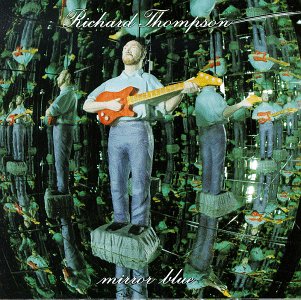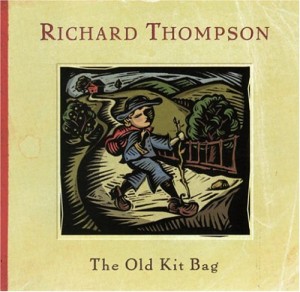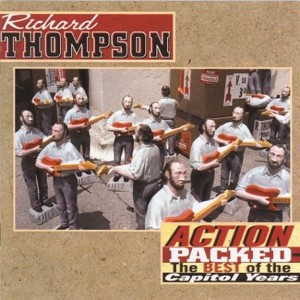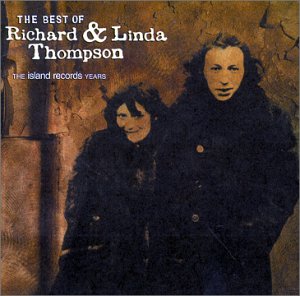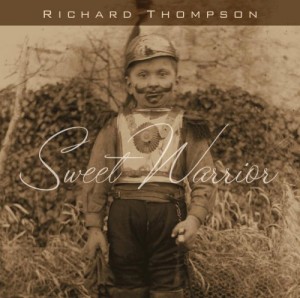
Released In 2007, “Sweet Warrior” Was Arguably The Most Elaborate Album Richard Thompson Recorded In The Whole Decade
After “The Old Kit Bag” and “Front Parlour Ballads” (two albums defined by their interpretative intimacy) Richard Thompson undertook the recording of one of the fullest-sounding albums of his career. Completed and released in 2007, “Sweet Warrior” was named after a composition by Spenser, the poet who sparked the sonnet craze of the 17th Century, and who unwittingly encouraged Shakespeare to come with his finest body of non-dramatic work ever.
“Sweet Warrior” brings to mind key albums of Thompson’s career such as “Rumour And Sigh” and “Mirror Blue”. But not in a sonorous sense – for worse and for better, both “Rumour And Sigh” and “Mirror Blue” had been the subject of Mitchell Froom’s flamboyant studio techniques. No, the connection here is one of scope. Starting with 1999’s “Mock Tudor”, Thompson’s previous albums had been conceptual or thematic works. “Sweet Warrior” stood as a deliberate detour that took Thompson back to non-conceptual territory, and freed him to write about a much larger set of characters within the same record.
The one that was better-observed (and better-appreciated, too) was the American soldier stationed in Iraq of the song “Dad’s Gonna Kill Me”. As you probably know, “Dad” is slang for “Baghdad”, and the song careens from triplet to triplet describing the horrors and tragedies of war without any kind of palliative. If anything, “Dad’s Gonna Kill Me” conveys the idea that in war only the suffering is equally-distributed, along with a sense of doom that marks those involved for life. A song to listen to attentively, and ponder on for a long time…
But not certainly if you are listening to the full album in one sitting. “Dad’s Gonna Kill Me” is directly followed by the masterful (and utterly unconnected) vignette of “Mr. Stupid”. A rocker with a phenomenal drive, “Mr. Stupid” has Richard digging deep in his repertoire of abandoned and dysfunctional characters, and coming with karat gold yet again. So does the Gaelic-inspired “Johnny’s Far Away” (with a couple that simply highlights the fallibility of human beings), and the tragedy-laden “Poppy Red”. And characters that embrace the violent side of affection are not absent, either – just listen to “I’ll Never Give It Up” for a precise example.
The one criticism that might be leveled at the disc is that it runs just a little too long. There are a series of songs in the middle that are not key to the appeal of the album, including “Bad Monkey”, “Sneaky Boy” and “Too Late To Come Fishing”. And I find the ska of “Francesca” a bit trying, even when the sax work has to be commended for its finesse. Continue reading

